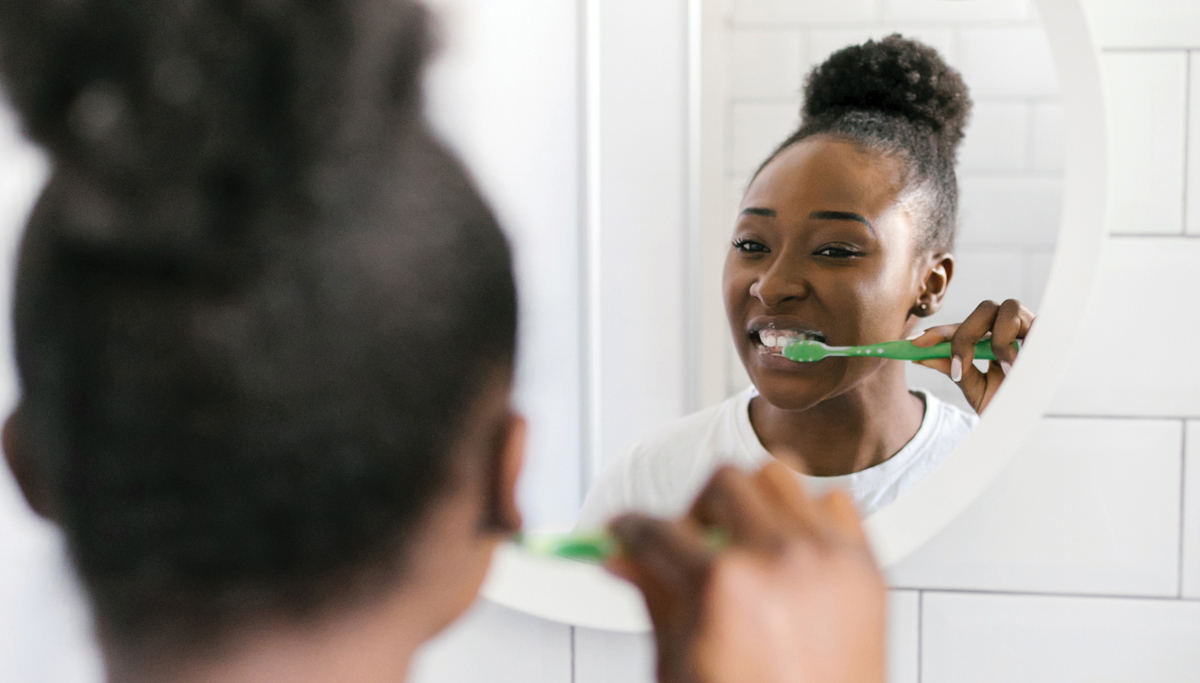What to expect at the first visit
Get ready for your child’s first dental visit
If you were planning on taking your child to the dentist only after the start of preschool or kindergarten, you’ll be several years too late. You should actually take your children to the dentist for the first time when they’re still in diapers.
Cavities can begin developing as soon as a child’s first tooth emerges, which for some babies can be as early as 6 months old. Schedule your child’s first trip to the dentist when those first teeth come in or by the time the child reaches 1 year old — whichever occurs first, according to the American Academy of Pediatric Dentistry.
Here’s what happens during this office visit and how you can start your child on a lifetime of good dental habits.
The dentist will probably start by examining your little one’s teeth and gums for any early signs of decay. They’ll also look for any problems with your baby’s head, neck, skin, jaws and the soft tissues in and around the mouth. This includes an assessment of your child’s bite, facial growth and development.
You may also learn about the different brushing and flossing techniques you can use to help you care for your baby’s teeth. Your dentist can also provide recommendations on feeding and snacking practices to keep your child’s smile healthy.
During your first visit, be sure to share any relevant information about your child’s health and development with the dentist. This may include medical conditions, medications and any oral problems your child has experienced.
Tips for taking care of baby teeth
In between visits to the dentist, you can start your own care routine for your child’s teeth and gums:
-

Start brushing your baby’s teeth as soon as the first tooth appears.
-

Use a tiny rice-sized amount of fluoride toothpaste from the time the first tooth comes in until age 3. From the ages of 3 to 6, use a small pea-sized amount.
-

When your baby has two or more teeth next to each other, it’s time to start flossing.
-

Avoid filling your child’s bottle or sippy cup with fruit juice. Juice contains sugar and acid, which can contribute to tooth decay. Opt for water instead.
-

Wean your child off a pacifier or thumb sucking before age 3 to keep baby teeth in the proper position.
Delta Dental plans cover routine checkups and cleanings at low or no out-of-pocket cost, so get your child on your plan right away. You can also find an in-network dentist easily using our Find a Dentist tool, which allows you to search by your location, plan type and dentist specialty, including pediatric dentists.
By showing your children how to care for their teeth properly, they’ll develop important habits — and keep those smiles for years to come.
My child’s baby tooth is loose. What should I do?
If your child has a loose baby tooth that just won’t come out, it can be tempting to it give a quick pull. But that might not be a good idea.
What happens if my wisdom teeth never grow in?
Wisdom teeth removals are an informal rite of passage for teenagers and young adults, but did you know some people never grow wisdom teeth at all?
Keep your teeth clean and save money
Keeping your teeth clean doesn’t have to break the bank. Learn how to save money on important dental health items.






